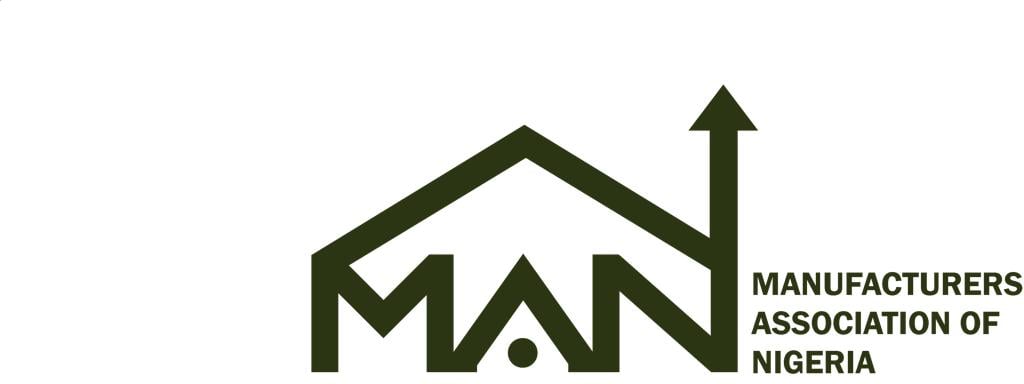The Manufacturers Association of Nigeria has projected that the country’s manufacturing output will grow by 3.1 per cent in 2026, driven by new tax incentives, harmonisation of levies expected under the new tax regime taking effect in January 2026 and increased government patronage.
According to the Manufacturers’ CEOs Confidence Index released in October by the association, the projected 3.1 per cent output growth compared to the 1.6 per cent growth recorded in the second quarter of 2025 will raise the manufacturing sector’s contribution to real Gross Domestic Product to 10.2 per cent next year.
The Director of the Research and Economic Policy Division, MAN, Dr Oluwasegun Osidipe, said the anticipated improvement would depend on the effective execution of incentives in the new tax laws, the implementation of the National Single Window Project, and the alignment of the Nigeria Industrial Policy with the Nigeria First policy framework.
Osidipe explained that manufacturers had struggled under multiple taxation, which hindered growth in recent years, stating, “You could not move your goods through the 774 local governments without paying. I’m just using that as an example for time’s sake. Without paying for something, whether it’s for loading or offloading goods. But under the new tax law, the majority of those taxes are gone.”
He noted that the government’s move to remove redundant levies and introduce targeted tax incentives for small and medium industries would help boost liquidity for manufacturers and enable them to reinvest in production.
“A majority of the membership of MAN falls in the category of the small and medium. When you look at the private sector holistically, they are small businesses, and you will see that the government incentives will provide some additional funds for the manufacturers to plug back in, and it will boost output,” he added.
The MAN economist revealed that the sector’s capacity utilisation had already improved from 57.6 per cent in the second half of 2024 to 61.3 per cent in the first half of 2025, following the extension of government stimulus packages, including access to single-digit interest loans under the N75bn industrial support fund.
He said, “When loans that used to attract 32 to 35 per cent interest are now available at single-digit rates, more manufacturers will have access to credit, produce more, employ more, and sell more. So, there’s no doubt, ultimately, output will grow.”
Osidipe stressed that government patronage would further accelerate growth, citing the example of Cross River State, which had committed to sourcing its automobile needs from local manufacturers.
He added, “We are hoping that other state governments will follow suit. Once the government, as the largest spender, upscales patronage, it will ramp up production and impact the manufacturing industry.”
Other forecasts in MAN’s outlook include a stronger naira, projected to appreciate to between N1,300 and N1,400 per dollar in 2026, buoyed by rising oil prices, robust reserves, and higher foreign investment inflows.
The association also projected that headline inflation would ease to 14 per cent, supported by stable food and energy prices, while it expects the Central Bank of Nigeria to cut the benchmark interest rate to about 23 per cent to stimulate credit expansion and output growth.
The report further indicated that overall GDP growth could reach four per cent in 2026, driven by higher oil production, improved fiscal performance, expansion in manufacturing and financial services, and increased consumption during the election season in the fourth quarter of the year.
Nigeria’s new tax laws will become operational by January 2026. President Bola Tinubu signed four reform bills into law on June 26, 2025: the Nigeria Tax Act, 2025, the Nigeria Tax Administration Act, 2025, the Nigeria Revenue Service (Establishment) Act, 2025, and the Joint Revenue Board (Establishment) Act, 2025.
These bills aim to streamline levies and eliminate multiple taxation across the federation.
The reforms introduced targeted incentives and exemptions for small and medium businesses to boost productivity and investment.















